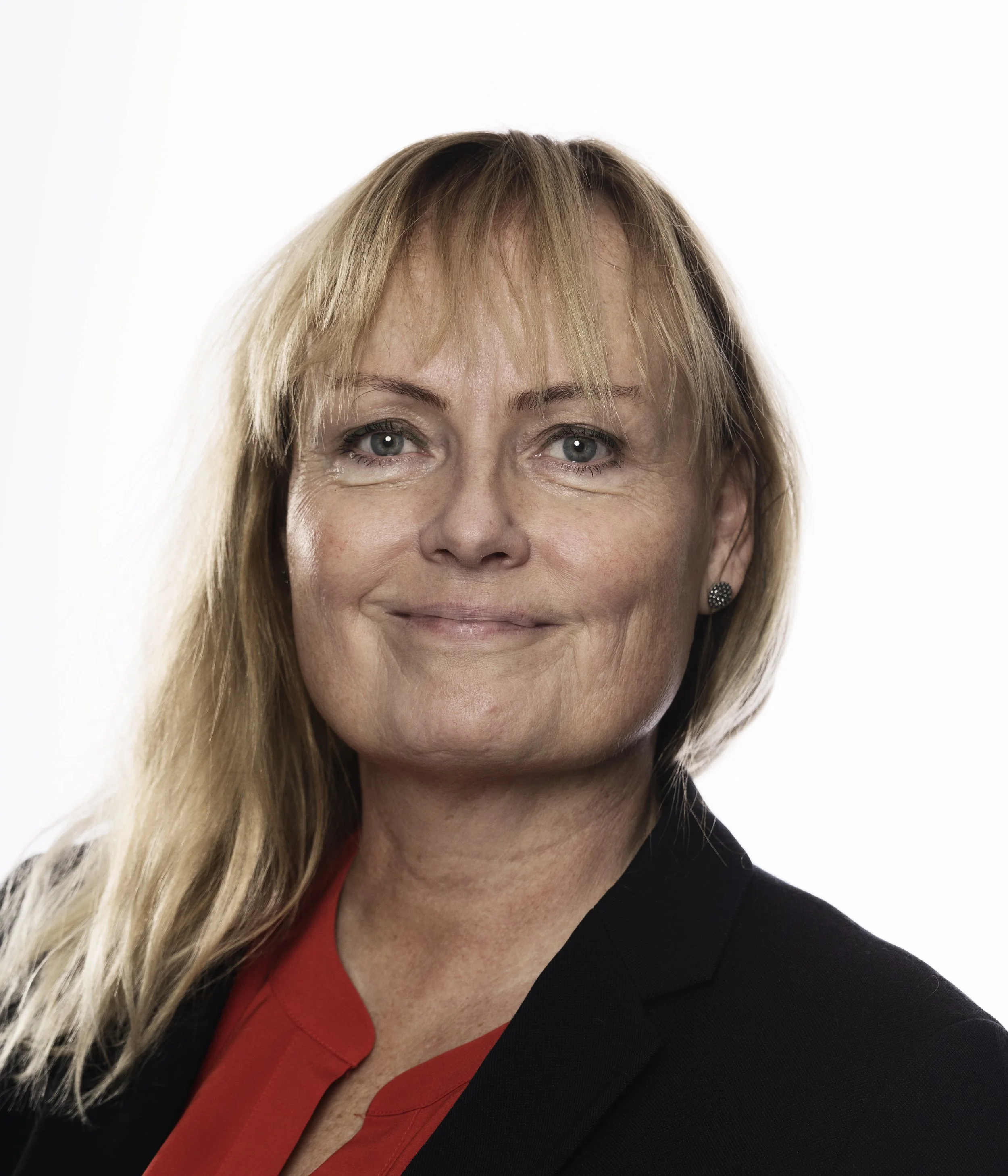THE LEADERS' INSIGHTS
ATHENA & TELEMACHUS MENTORS
Lisbeth V. Pilegaard is a seasoned democracy expert and senior civil society leader with more than 25 years of professional experience with inclusion and representation, primarily from conflict affected countries. Ms. Pilegaard has been a member of the European Endowment for Democracy (EED) Board of Governors since its establishment in 2013 and has served as the chair of the Executive Committee since 2018. She has undertaken several missions with EED to Ukraine, Lebanon, Jordan, Palestine, Turkey/Syria, Bosnia & Herzegovina and Moldova to engage with former and current democracy activists.
Q: What key moments or choices have most shaped your professional journey?
When I was six years old my parents moved from Denmark to Cyprus (where the war had just divided the island), and we travelled extensively in the Middle East. I was therefore exposed early to conflict-settings, displacement and a multicultural environment at the international school I attended. At age 18, I was selected as a Red Cross Youth delegate and worked in Uganda. Later, at age 26 I left a job at the Danish Parliament to work in Bosnia-Herzegovina during the war – here I experienced both good and poor leadership, which made me very aware of the role and responsibility of a leader.
Q: Did mentoring play a role in those moments, if so how?
Mentoring was not an integrated part of the working environment at that time and happened more occasionally. There were some more experienced colleagues who did provide me with some helpful advice. There were also (often) elderly men who wanted to tell me how to do my job!
Q: Can you share an experience when you had to make difficult choices in your professional life and how you handled it?
I have worked in many demanding and crisis-affected contexts with a high level of responsibility and pressure far from home. Finding and maintaining relationships with colleagues or counterparts have been instrumental for my mental health – to be able to let off steam and have an open and honest dialogue is very important.
"We can help each other overcome hindrances and limitations by addressing them openly."
Q: What’s the most surprising or transformative lesson you've learned from mentoring someone, or being mentored yourself?
That human challenges and aspirations often are the same globally – no matter the culture or upbringing. But we can help each other overcome hindrances and limitations by addressing them openly.
Q: How do you tailor your mentorship approach to support individuals from other cultures, or underrepresented genders and backgrounds?
Related to my previous response, showing trust, encouragement and care is a universal human ability – which has brought (me) much joy and results.
Q: Looking back, what mindset or habit most contributed to your long-term success and resilience?
I am not a big fan of the word ‘success’. My curiosity and urge to see new parts of the world has brought me far. My integrity has been tested, and I have learned to protect and cherish this trait. I guess it’s part of my resilience – although I never had a long-term plan 😉
Q: What’s a common misconception about our societies or systems that you often find yourself challenging?
Innovation and new ideas come from many different corners and need an environment of non-judgemental nourishing. Systems can be very helpful, but we also seem to have fallen in love with complex bureaucracy – which kills fantasy, improvisation and flexibility. I think at our current level of development as a human species, we have to be intentional about providing freedom and openness for nurturing innovation.
Q: What new trends or shifts are you seeing in workplace culture or leadership?
The youth/younger generations want a different working environment, with more life-work balance, acceptance, inclusion, influence and flexibility. I think that is needed and positive. We, of the older generation, need to learn to lead differently and also hand over responsibility much earlier.
Q: In the age of hybrid work and AI, what is one piece of career advice you would give younger professionals or professionals who are looking to pivot?
AI represents the collective archive of what has been done and what has been thought – but new innovations can come from any corner – often the unknown. So be curious and courageous.
Q: Tell us about your society/country, what social shifts do you observe? Are tech and innovation being harnessed for good?
A lot of tech is in the hands of very few businesses – which control and have access to our private data – that’s a huge democratic problem. Our societies should be governed by trustworthy elected people and not a few tech companies. We need a democratic re-set of tech.
Q: How can we support entrepreneurial thinking among young people and women?
Listen to them and engage in open and honest conversations – challenge with care and empathy – and support, support and support – which can take many forms and shapes. But show and express trust in them and their ideas.
Q: A motto you live by?
Be brave and be kind.



